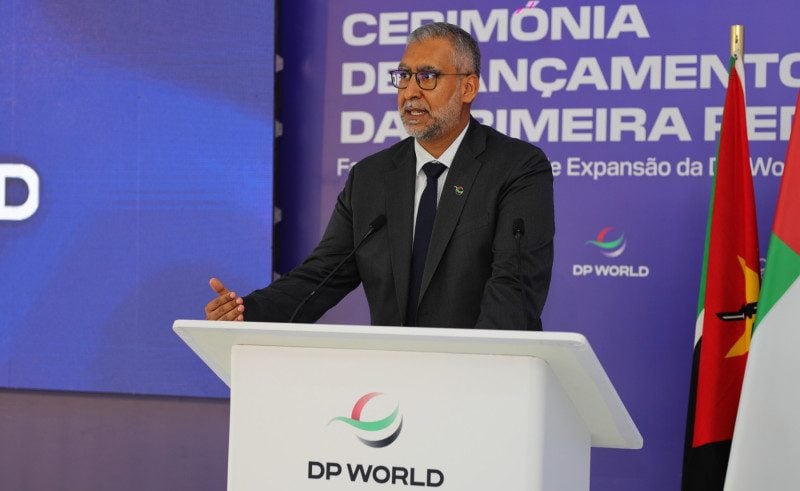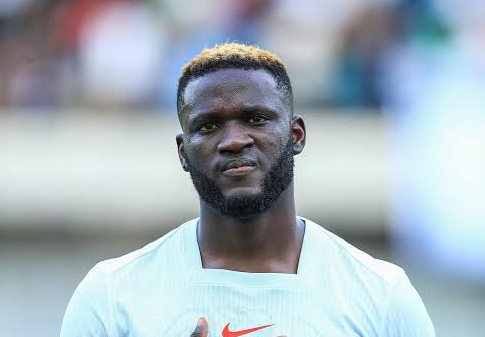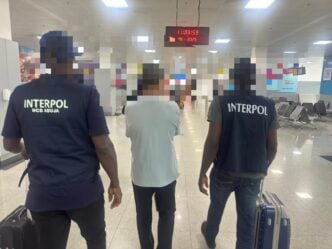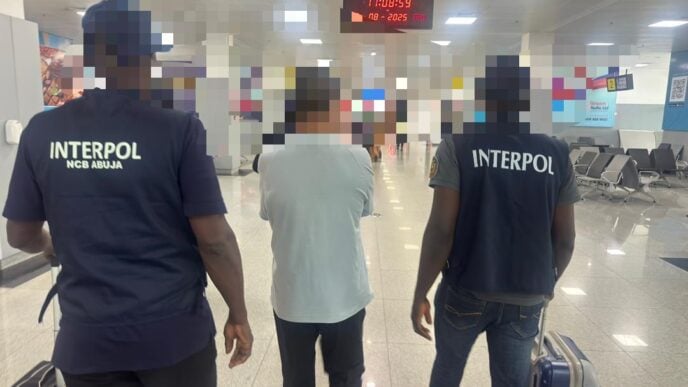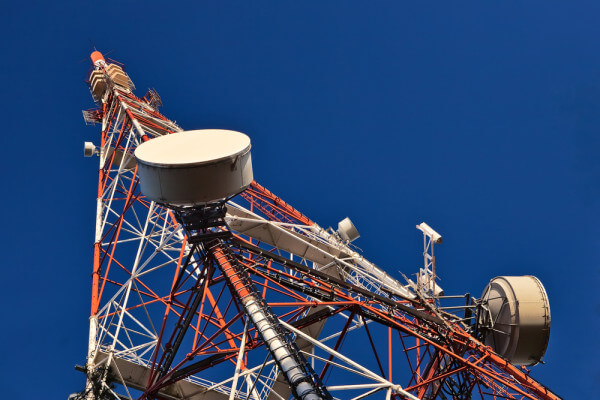Mohammed Akoojee, chief executive officer (CEO) and managing director (MD) of the sub-Saharan Africa region for DP World
Mohammed Akoojee, chief executive officer (CEO) and managing director (MD) of the sub-Saharan Africa region for DP World, says Nigeria’s poor road and port infrastructure is significantly increasing the cost of logistics.
DP World is a multinational logistics company headquartered in Dubai, the United Arab Emirates (UAE).
The firm specialises in port terminal operations, maritime services, and supply chain solutions for various sectors.
Speaking to journalists on the sidelines of a recently launched partnership between the firm and PepsiCo., Akoojee described Nigeria’s logistics system as “very inefficient”.
Advertisement
He said the country’s logistics cost is among the highest globally.
“If you look at the cost of logistics, it is probably one of the highest in the world,” the CEO said.
“The global average for logistics cost as a percentage of GDP is around 6 to 8 percent, but in Nigeria, it is almost double that.
Advertisement
“In certain instances, up to 75 percent of the value of the product can be logistics costs. That is not sustainable.”
Akooje said the inefficiencies are driven by poor ports and roads infrastructure, and distribution channels — all of which combine to make it difficult and costly to move goods across the country.
“Infrastructure is not great,” he said.
“So if you look at the port infrastructure and how long it takes for a shipping line to berth and discharge its cargo and then get through the terminal, waiting times of trucks at the ports can take days, weeks for trucks to get out of the terminal.
Advertisement
“Shipping lines have to wait a long time to get their product to the terminal, the terminals are not efficient, and all of that bottlenecks add to cost and add to the product cost.
“And even then, once it’s out, the road infrastructure is also limiting, because you see how congested the roads are. The cost, the fuel cost, the running cost of the trucks, etc.
“I think it is a combination of infrastructure that needs development. That is what is holding back Africa and Nigeria in terms of its economic growth.”
He said DP World is pursuing an “end-to-end” strategy that integrates port terminals, logistics platforms, and distribution channels to drive efficiency across the supply chain.
Advertisement
“That is why we, as DP World, want to invest in logistics and port infrastructure to make the supply chain more efficient and bring down logistics costs so products can be more affordable,” Akooje said.
“By combining our logistics business, our port terminals… we are able to look at the supply chain end-to-end to identify the inefficiencies and through the technology platforms we have, we are able to come up with solutions to reduce that.”
Advertisement
The CEO stressed that Nigeria’s infrastructure gap remains a major barrier to growth but welcomed recent government interventions, including the planned upgrade of the TinCan and Apapa terminals.
Akoojee said the upgrades would enhance terminal efficiency, while substantial investments in road projects are also underway to improve transportation.
Advertisement
